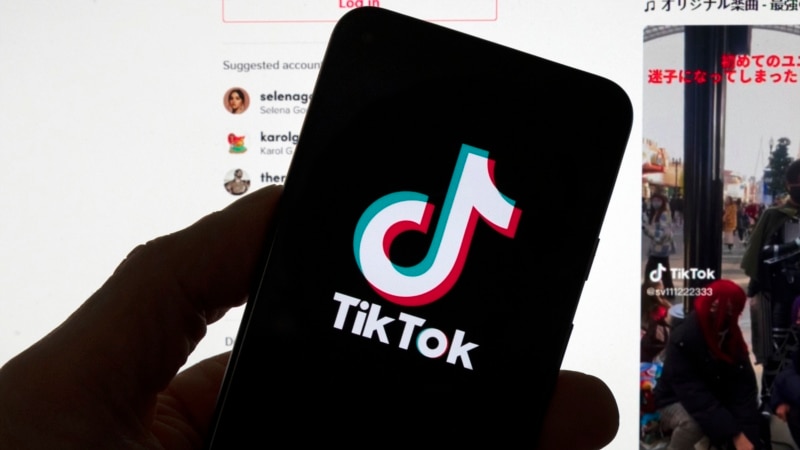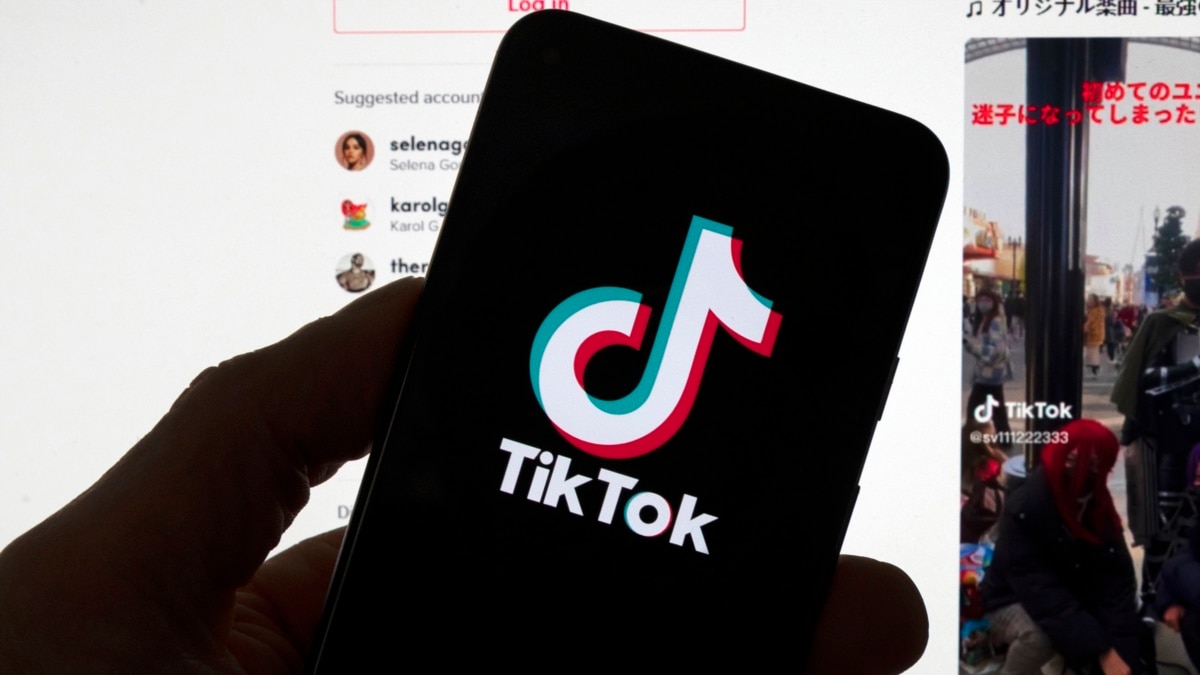
The initial backlash came quickly.
Anger and fury poured into multiple social media platforms in the hours after the House of Representatives voted last week to approve legislation that could lead to a ban on the popular TikTok app in the United States.
Some of the anger was directed at U.S. lawmakers who supported the bill. Some people focus on China.
Numerous social media accounts, some with large followings, blamed pro-Jewish groups in Israel and the United States.
“Foreign governments are influencing the 2024 election,” Briahna Joy Gray posted on X .
“I’m not talking about China, I’m talking about Israel,” added the former national press secretary for Sen. Bernie Sanders’ 2020 presidential campaign.
Former mixed martial arts fighter Jake Shields, who has used social media in the past to share his views on transgender issues, blamed the Anti-Defamation League and the American Israel Public Affairs Committee (AIPAC).
“ADL says Tiktok is a threat to Israel,” Shields posted on X. “Israel lobby group AIPAC provided information to Dan Crebsahaw [sic] Now Crenshaw is working to ban TikTok. “
Journalist Glenn Greenwald said on
Other posts and videos were quickly shared on other major platforms, including TikTok and Facebook.
U.S. officials contacted by VOA said it was not surprising that some social media users were eager to blame Israel or Jewish groups.
“Unfortunately, there are anti-Semites in the United States who will blame Israel and the Jewish people for anything, even Congress banning Chinese-controlled apps,” Republican Senator Marco Rubio said in a statement to VOA. program.”
“Their love for TikTok is no coincidence; it is a tool used by the Chinese Communist Party to sow division and weaken our country,” said Rubio, vice chairman of the Senate Intelligence Committee and a supporter of the legislation. “We can discuss Middle East policy, but we cannot tolerate hatred or allow communist China to manipulate our discourse.”
The FBI has repeatedly warned over the past few months about the dangers of TikTok and the rising tide of anti-Semitism across the country, but declined to comment, pointing to Director Christopher Wray’s remarks to Congress earlier this month. Comments made at the hearing.
“Americans need to ask themselves whether they want the Chinese government to have the ability to control access to their data, whether they want the Chinese government to have the ability to control the information they get through recommendation algorithms,” Wray told House lawmakers during the session. The annual Global Threats Hearing was held last week.
“When it comes to algorithms and recommendation algorithms and the ability to do influence operations, that’s very difficult to detect,” Ray added.
Researchers tracking social media influence operations, while cautious, told VOA they have not yet seen evidence that the spread of conspiracy theories blaming Israel or Jewish groups for the TikTok legislation is part of a coordinated effort.
“Some time after 10/7 [Hamas terror attack on Israel] “We have clearly shown that anti-Semitic conspiracies can spread rapidly on TikTok through the nature of the platform’s algorithm and therefore do not require outside coordination to explain it,” said Ben Dubow, president of Washington-based Omelas, an artificial intelligence and Experts track and analyze online disinformation and impact operations.
Dubbo did not rule out that TikTok parent company ByteDance might make greater use of anti-Israel and anti-Semitic posts if the Chinese government thought it might be helpful.
“There is little research on TikTok’s algorithm, which generally suggests ByteDance prioritizes content that benefits the Chinese Communist Party [Chinese Communist Party] policy objectives,” he said.
Omelas also found that the conspiracy theories received some attention from other media outlets, including Russia-controlled RT and Qatar’s Al Jazeera.
“We have seen some posts from RT and Al Jazeera linking the renewed push for a ban to TikTok’s role in the spread of ‘anti-Zionism’ in response to the fallout from October 7,” Dubbo said. “But No one explicitly linked it to AIPAC and the ADL.”
Geoff Roth, a professor of practice and journalism at the University of Houston, agreed that the surge in social media posts seemed “more organic,” echoing the Israel-TikTok narrative.
“Israel conspiracy theories, as I like to say, seem to come from people who generally post anti-Israel and pro-Palestinian content,” he told VOA.
“It comes from different sides of the political spectrum,” Ross said. “But I think there’s a lot of anti-Israel sentiment on both sides of the political spectrum because of what’s going on in Gaza.”
Ross also noted that the theory linking the TikTok legislation to Israel and Jewish groups, while perhaps the most well-known, is not the only one that has received attention since the bill passed the House.
“There are narratives about security and concerns about [Chinese]Communist Party and whether [the legislation] “It makes sense,” he said. “There are further things, like, this is a Republican conspiracy to turn young voters against Biden because if Biden signs this into law, he’s going to lose young people of votes. “
An account on X that promotes Republican conspiracy theories called the TikTok legislation “another ploy.”
A second name.”
Follow us on Google news ,Twitter , and Join Whatsapp Group of thelocalreport.in













